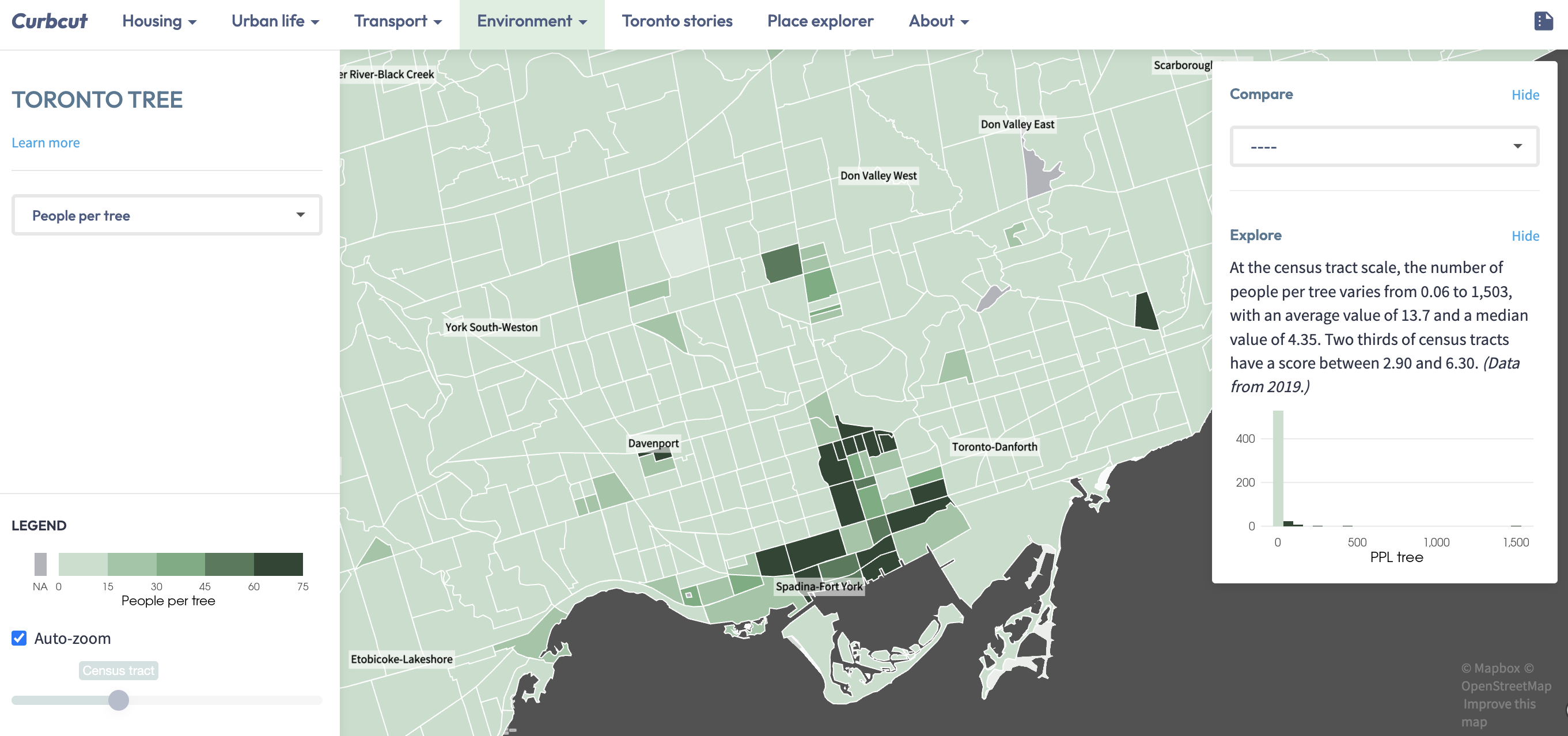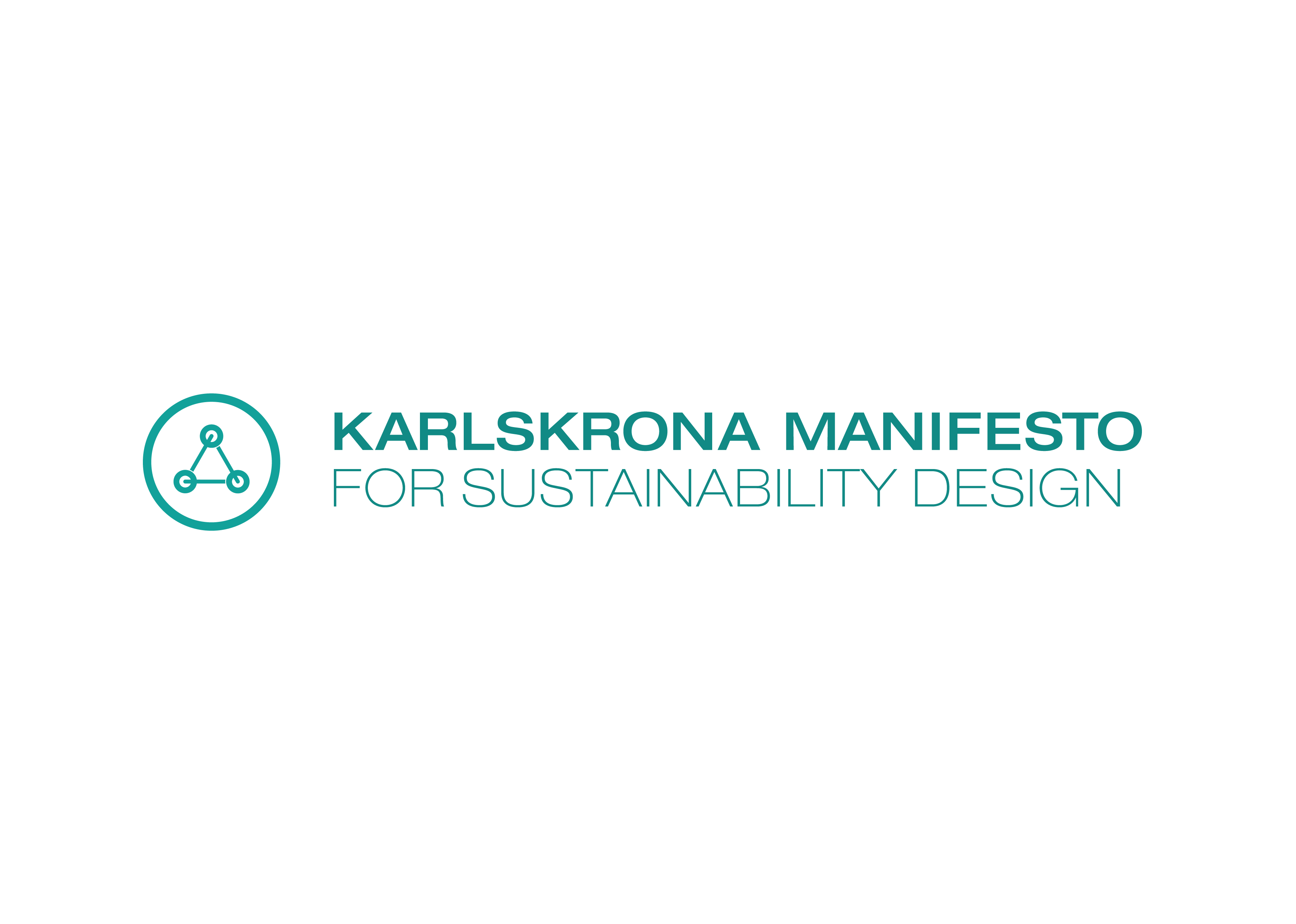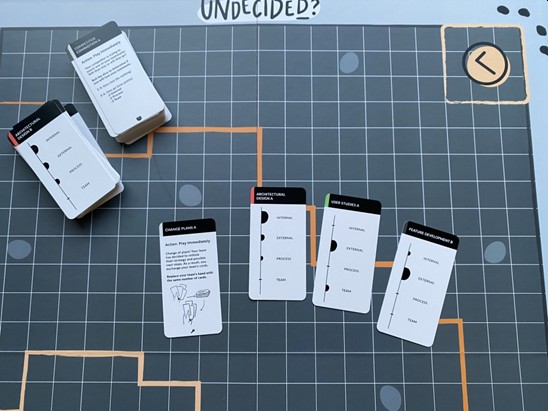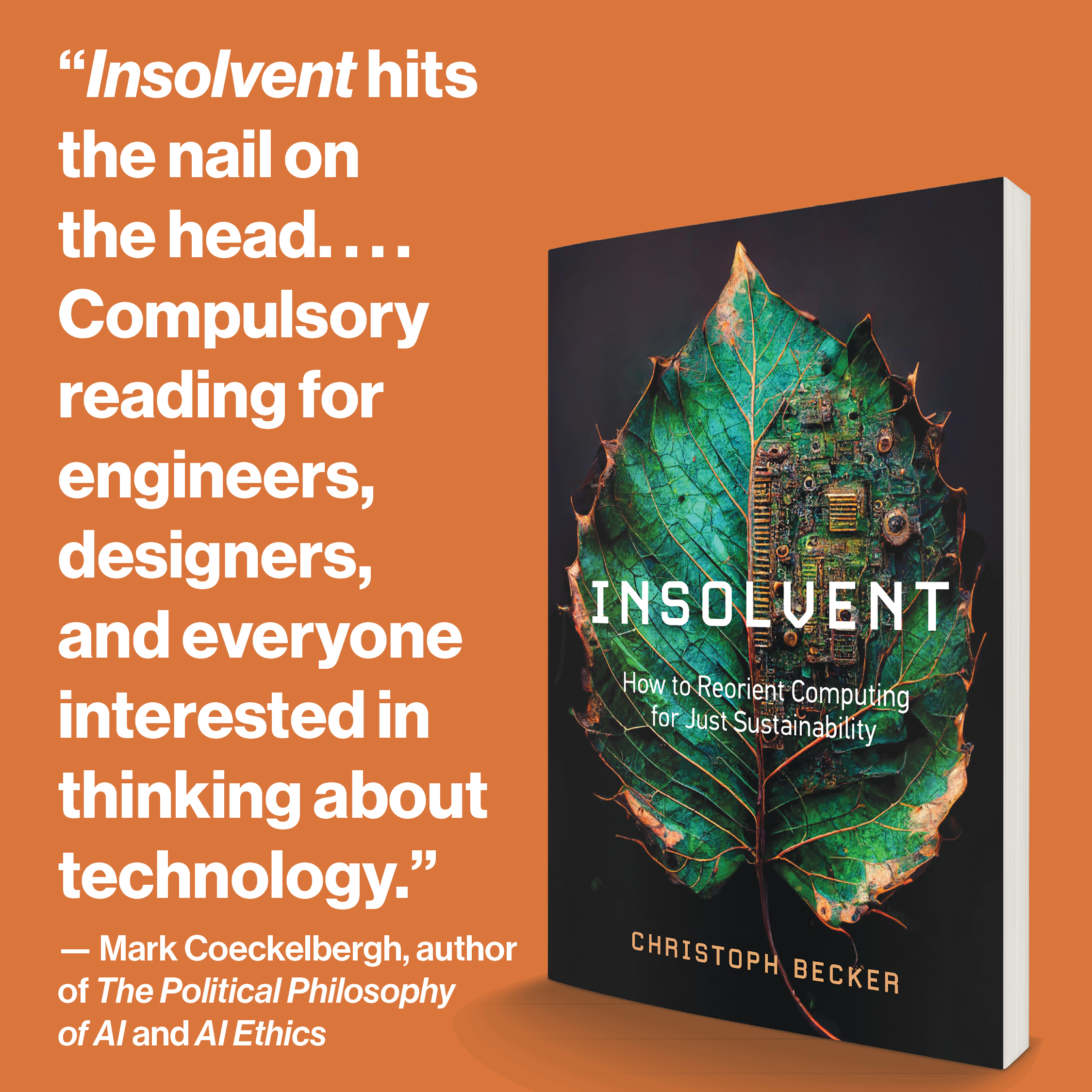Just Sustainability Design Lab
What We Do and Why
The overarching theme of our group is to conduct impactful research on designing information technology for sustainability and social justice, which converge in just sustainability. The aim is often to enact meaningful change in tech to meet the urgent need for sustainability and social justice.
The aim is that each project we engage in has the potential to make a difference in shifting our world on a more sustainable and just course, and that some actually do. Design is understood very broadly as the ‘interaction between creation and understanding’ (following Winograd and Flores’ book). We engage in designing by building technology, but equally in studies and critique of how things are, visions of how they could be, investigations of socio-technical, social or cognitive phenomena relevant to design, reflections, and other types of research.
Our research activities involve:
- critical examinations of the politics, values, and cognitive processes of design,
- the development of methods and tools for just sustainability design, and
- design projects to bring forth just sustainabilities in urban contexts
Recent Projects

A map-based data exploration and visualization tool designed to translate urban sustainability data into actionable knowledge for shaping sustainable cities.

In this new project funded by the School of Cities, we explore the tensions between data analytics and lived experience through lenses such as design justice and data feminism.

As part of this project, we designed an evaluation framework that adopts principles and concepts from data curation to enable more responsible ML dataset development. We applied this framework to examine current curation practices in ML and suggest areas of improvement.

Our lab is a founding member of the international Karlskrona Alliance, best known for its Karlskrona Manifesto for Sustainability Design.

In our recent article, we set a foundation for future studies of intertemporal choices by showing that they are ubiquitous in systems design practice and poorly understood and showing how we can study them in realistic ways.

Temporal discounting indicates that outcomes at a distance may seem less important to us than closer ones. How do we think about these intertemporal choices in practice? What effects does this have? We performed the first study of decision making in software projects that asked how software professionals discount future outcomes. Our findings have significant practical implications.

In Undecided? A Board Game to study Intertemporal choices in software projects, our team did, well, what the title says. The game facilitates (1) educational exploration of intertemporal choice and (2) studies of intertemporal choice. We plan to release it on Kickstarter in 2023/2024!

In this long-running study of Civic Tech Toronto, we show how this community designs civic technology in a way that allows community members and others to engage with democratic governance outside of the conventional transactions of representative democracy.

This award-winning paper used Critical Systems Heuristics (CSH) to examine the design of Sidewalk Toronto, a previously planned smart city development.
Who We Are
Current Members
Introducing Just Sustainability Design
What is Just Sustainability Design
Just Sustainability Design, JSD for short, is a framework for systems design practice, research, and pedagogy that privileges sustainability and justice and therefore, the asymmetric and uneven effects of systems design choices at a distance. JSD aims to bring about improvement, not just avoid damage.
JSD was introduced in Professor Becker’s book, Insolvent: How to reorient computing for just sustainability. To learn more about Just Sustainability Design, see the resources below.









